
The storm at sea is one of the most potent experiences and images of chaos. Jesus’ miraculous calming of the storm is an image, not merely of his power with regard to nature, but also of his mastery over the chaotic political elements that threaten us.

The term ‘cosmos’ is used in a number of different senses in Jesus’ prayer in John 17. Within the fluidity of Jesus’ employment of this term we find a multi-faceted characterization of the world that can inform our politics.
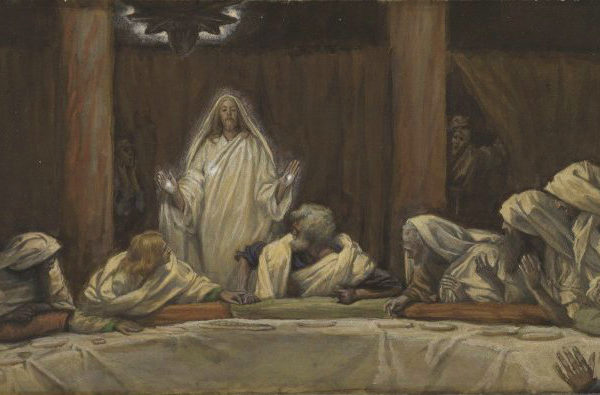
The law is a dying and rising reality, not a dead letter etched in stone. Through the hermeneutics of resurrection words once consigned to the grave of the past burst with liberating and life-giving force upon an unsuspecting world.
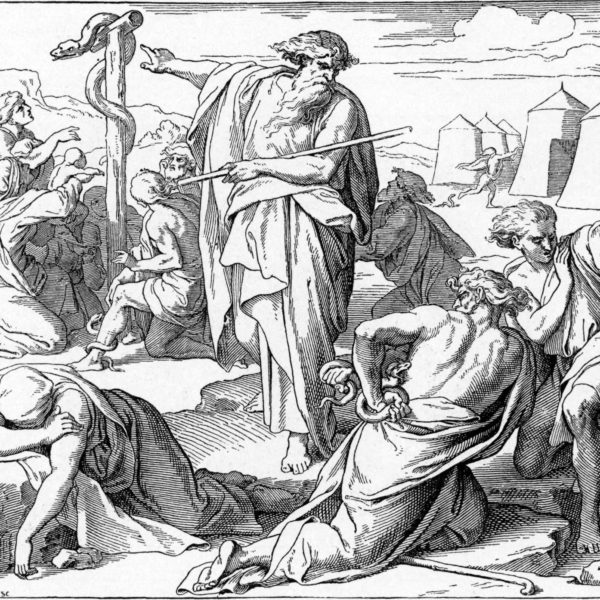
Although it is typically read as a passage about individual salvation and enjoyment of the life hereafter, read more closely, John 3:14-21 profoundly demonstrates that the elevation of Jesus on the cross confronts us with our own rejection of God’s gracious provision, our stubborn refusal to accept God’s way, and the radical, communal reckoning that leads to the fullness of life.
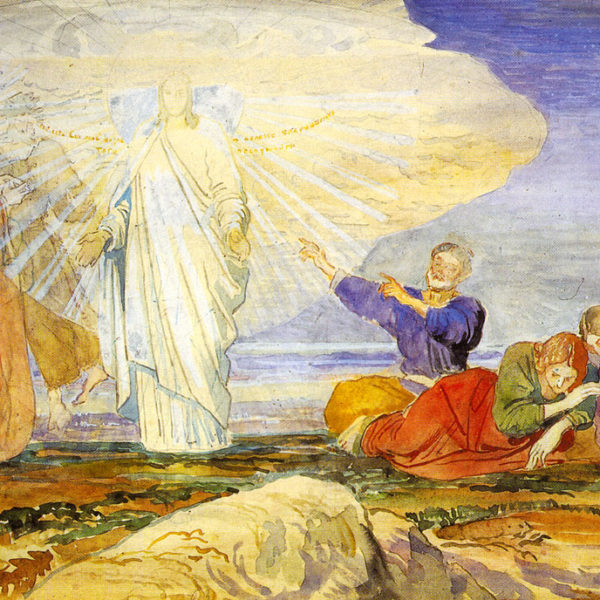
In the narrative of Mark’s gospel, Jesus’ journey to his cross in Jerusalem is interrupted by the incredible event of his Transfiguration. Peter’s rush to speech is characteristic of our frequent over-reliance upon words to process and respond to things that demand our silence and our wonder.
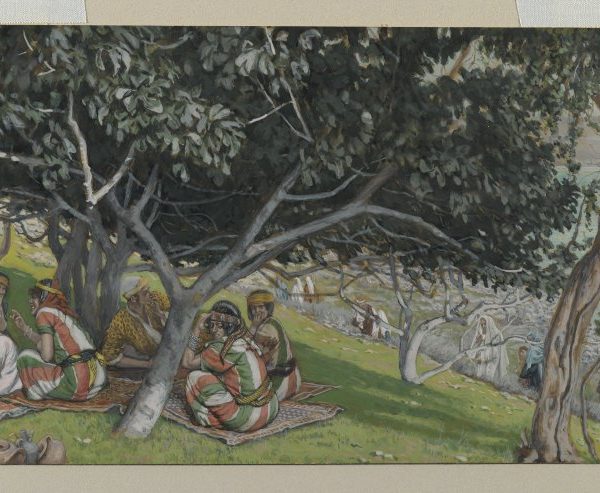
Jesus’ calling of Nathanael in John 1 illustrates the way in which God’s vision of us precedes our own. The primacy of God’s vision has implications for our politics and economics, unsettling our assumption that the world is measured and determined by our sight and valuation.

Righteous Joseph does not publicly shame his fiancée Mary, breaking with common practice in an honor and shame culture. The angel that appears to him calls him to take a further step, to assume the role of father to Mary’s curious child.
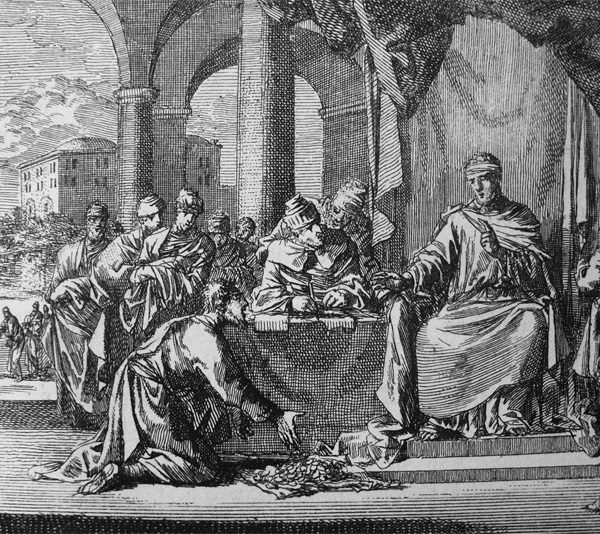
Although a superficial reading might suggest a straightforward interpretation of the Parable of the Talents, closer examination reveals troubling contradictions between this interpretation and the broader teaching of the gospel. Reading it as a descriptive parable of economic injustice provides us with a more satisfying, albeit grim, alternative interpretation.

King David’s actions in taking Bathsheba provide a shocking and illuminating case study in the behavior and psychology of impunity. The prophet Nathan’s employment of parabolic misdirection in his exposure of David’s sins suggests an effective manner in which such impunity can be confronted.

In Jesus’ parable of the day laborers on the vineyard, we encounter two competing views of what constitutes just compensation, one determined by ‘fairness’ and the other by need. In its commitment to the human-centered “economics of need,” the Reign of God teaches us to value work—and the worker—in a new way.
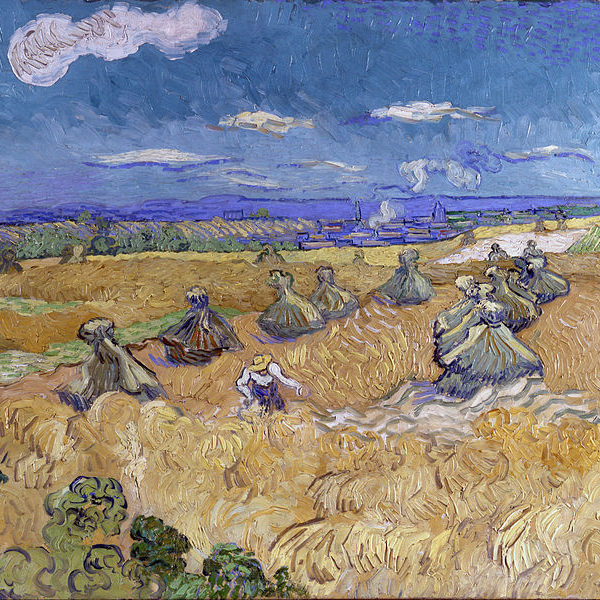
In the sphere of political decision-making, ‘the grace of doing nothing’ is usually a losing proposition. However, the parable of the wheat and the weeds invites even the angriest reactionary to consider the complexity of wheat and weeds, good and bad, us and them, and the dangers involved in precipitous action.
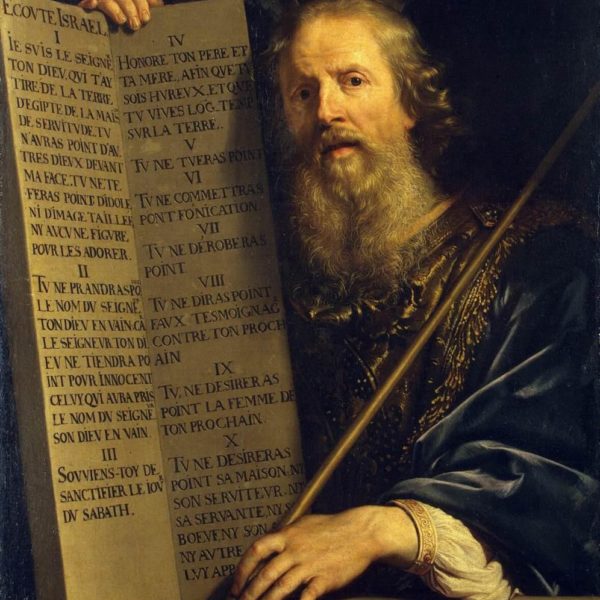
The idea that the political aspects of the Ten Commandments are confined to the latter portion and that the beginning portion is only ‘religious’ in nature is unsustainable. The politics of the commands themselves as well as the politics of the conversations in which those commands are embedded continue to be instructive for faithful communities today.